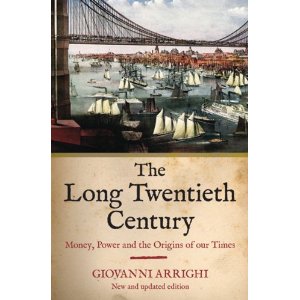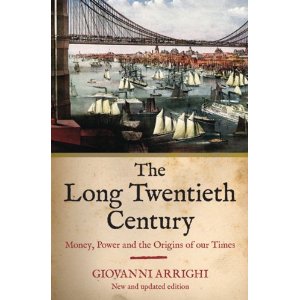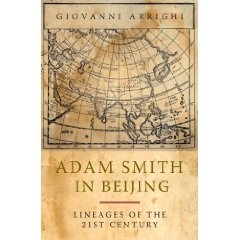
Giovanni Arrighi
4.0 out of 5 stars Adding Links In Support of Review by Joseph Martin,August 10, 2011
This is how your review will appear:
I wish I could afford all the books I'd like to read. This one was recommended to me and I can certainly see how valuable it must be.
Here are just a few books that I believe strongly complement this one.
The Soul of Capitalism: Opening Paths to a Moral Economy
The Battle for the Soul of Capitalism
The Genius of the Beast: A Radical Re-Vision of Capitalism
The Fortune at the Bottom of the Pyramid, Revised and Updated 5th Anniversary Edition: Eradicating Poverty Through Profits
Griftopia: A Story of Bankers, Politicians, and the Most Audacious Power Grab in American History
The Trillion Dollar Meltdown: Easy Money, High Rollers, and the Great Credit Crash
A more interesting option for readers is to use the lists of book reviews at Phi Beta Iota (BOOKS), where the list on negative books includes these lists, all reviews leading back to the Amazon Page [at Phi Beta Iota, all links are active in this review].
Continue reading “Review: The Long Twentieth Century – Money, Power and the Origins of Our Times”



